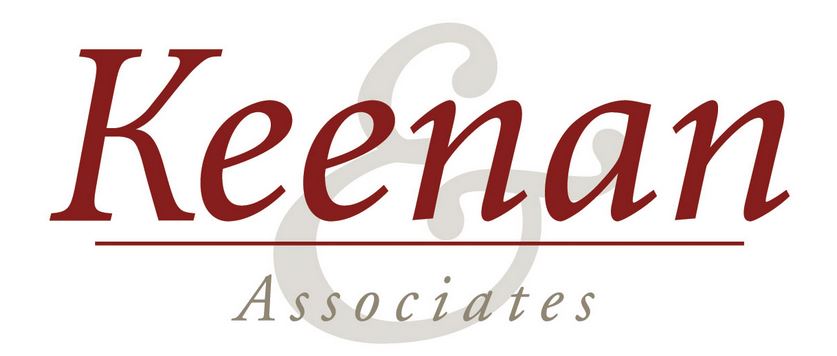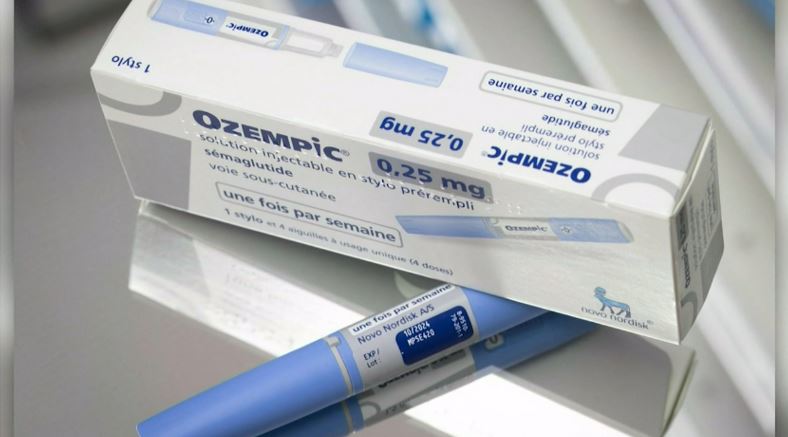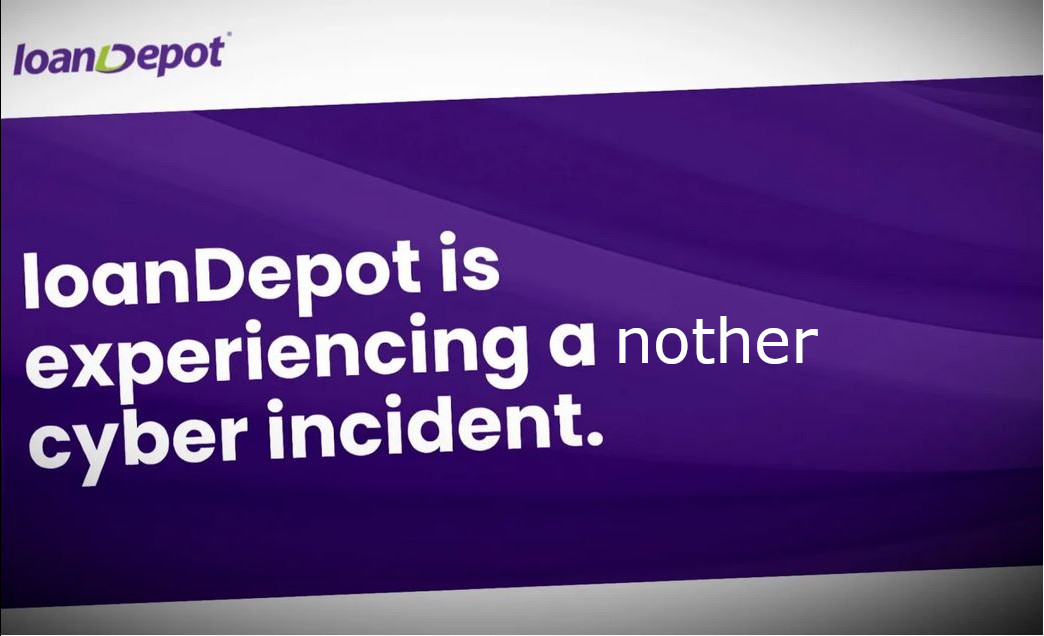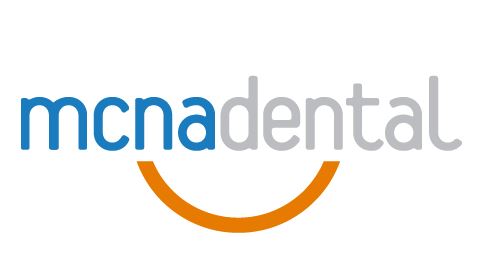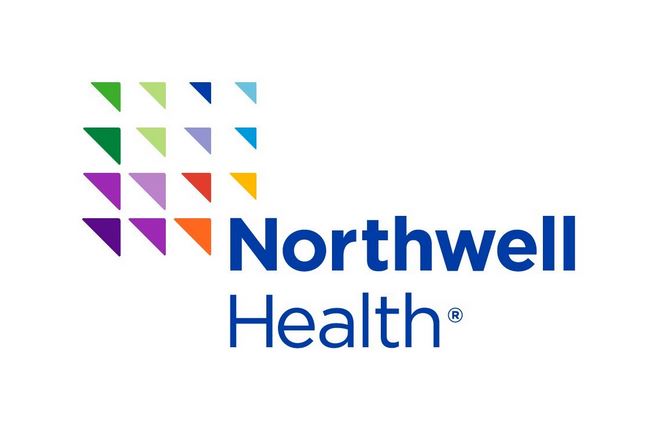A National Class Action & Mass Tort Law Firm Committed To Fighting Tirelessly for Individuals and Entities Against Corporate and professional Injustice.
All cases are handled by our attorneys on a contingency fee basis, which means that there are never any out-of-pocket expenses to hire our law firm and we only receive an attorney fee if we secure compensation for our client.
CASES IN THE NEWS
The Client Experience
Many of our clients never thought they’d file a lawsuit, much less find themselves in the middle of one. But when faced with clear wrongdoing, each took the brave step towards ensuring justice for everyone who suffered from that same wrongdoing and towards preventing what happened to them from happening to anyone else. It is work we’re proud to take up on their behalf, and we’re here to guide them through it.
Get In Touch
Think you have a case? Contact us and we’ll evaluate it and let you know.
Sign a Retainer
We only become your lawyer when you sign an agreement retaining us as your legal counsel. Clients nver pay out-of-pocket for contingency services. We are only paid if you win.
Help Us Research Your Case
We will ask for documentation to help build your case.
We’ll Handle Almost Everything Else
Advancing a case is not always a fast process, but we will work our hardest to ensure a speedy and and successful resolution – whether that happens via a trial or a settlement.
Think you have a case?
Steps In a Free Case Evaluation
1. Complete the Free Case Evaluation request form on this page, providing your contact information and some further details about your potential case.
2. Emerson Firm LLP will contact you to help determine if financial compensation may be available for your case.
3. After your claim information is evaluated, if our lawyers determine that we can help with your case, THEN YOU DECIDE whether to move forward and hire our law firm to pursue compensation.
No Fees or Expenses Unless a Recovery is Obtained!
Free Consultation - No Obligation
Complete this form and we’ll get in touch within 24 hours.
"*" indicates required fields




